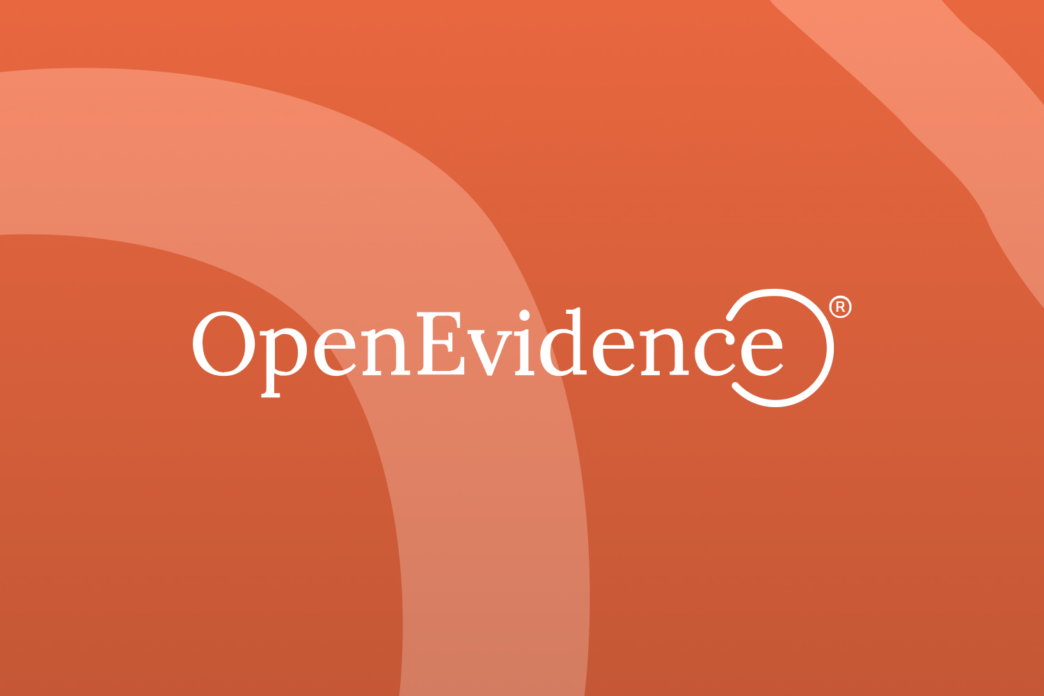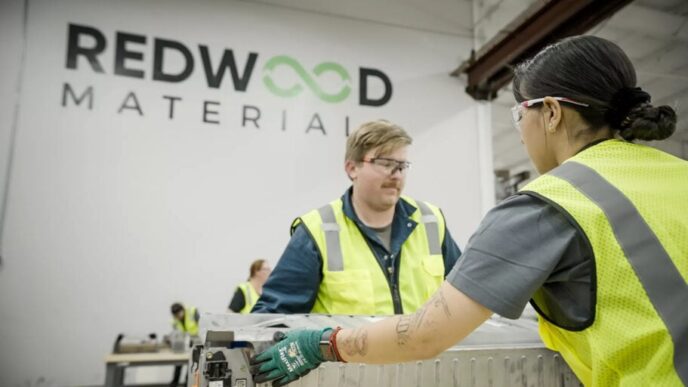OpenEvidence the rapidly growing AI platform known as the “ChatGPT for doctors”, has raised a fresh $200 million funding round that pushes its valuation to an impressive $6 billion. The funding, reported by The New York Times, comes just three months after the company’s previous $210 million raise at a $3.5 billion valuation, marking one of the fastest valuation jumps in the digital health sector this year.
The round was led by Google Ventures, with participation from some of Silicon Valley’s most prominent investors including Sequoia Capital, Kleiner Perkins, Blackstone, Thrive Capital, Coatue Management, Bond, and Craft. The size and quality of the backers underscore a major shift in investor focus toward verticalized AI, tools that go beyond general models like ChatGPT to tackle specialized, high-stakes fields such as medicine.
Founded in 2022, OpenEvidence’s mission is to make trusted, evidence-based medical knowledge instantly accessible to healthcare professionals worldwide. Trained on peer-reviewed journals like The New England Journal of Medicine (NEJM) and JAMA, the platform allows doctors, nurses, and clinicians to query complex medical questions and receive precise, research-backed responses in seconds. By grounding its answers in authoritative clinical data, OpenEvidence aims to bridge the gap between the speed of AI systems and the reliability of medical science.
The platform has become an indispensable assistant for many in the medical community, offering verified practitioners free access to its AI tool through an ad-supported model. Doctors describe it as a faster, more reliable alternative to traditional literature searches, helping them make informed decisions during patient consultations. Instead of sifting through multiple journals or clinical databases, they can use OpenEvidence to summarize treatment options, compare outcomes, or verify emerging research findings in real time.
OpenEvidence’s growth trajectory has been nothing short of explosive. According to the Times, the platform’s monthly clinical consultations nearly doubled to 15 million since July, demonstrating both strong word-of-mouth adoption and growing trust among healthcare providers. The surge also reflects a broader trend: as generative AI models mature, professionals in regulated fields like healthcare and law are increasingly turning to domain-specific systems fine-tuned for safety, transparency, and factual accuracy.
For investors, OpenEvidence represents the next stage in AI’s evolution, from broad conversational models to highly verticalized, precision tools that can be embedded directly into professional workflows. Healthcare, with its massive data resources and stringent accuracy requirements, has become one of the most promising frontiers for this shift.
The company’s ability to attract deep-pocketed backers twice in a single quarter speaks volumes about confidence in its business model. Industry analysts believe OpenEvidence’s trajectory mirrors the growing demand for AI-driven medical assistants that can enhance decision-making without replacing the clinician. The company’s “human-in-the-loop” approach, where doctors validate all AI-generated suggestions — ensures both regulatory compliance and patient safety, while allowing the AI to continuously learn from real-world clinical interactions.
Beyond its technology, OpenEvidence’s strategy also signals the healthcare sector’s gradual transformation toward AI integration. Hospitals, research institutions, and private practices are increasingly adopting digital assistants to reduce administrative workloads and enhance diagnostic accuracy. With this latest capital infusion, OpenEvidence plans to expand its dataset coverage, integrate with electronic health record (EHR) systems, and explore multilingual support for international markets.
While details about future product releases remain under wraps, the company has hinted at adding real-time evidence synthesis tools, features that could help clinicians instantly compare global treatment guidelines or track new drug trial results as they’re published. If successful, these capabilities could position OpenEvidence as a core layer in the AI-driven clinical workflow of the future.
With competition heating up in the AI healthtech space, OpenEvidence’s ability to balance innovation with medical rigor could define its long-term success. The company’s blend of scientific credibility, intuitive design, and enterprise-scale partnerships gives it a strong edge as investors pour billions into the convergence of AI and healthcare.
As AI continues to reshape the boundaries of what’s possible in medicine, OpenEvidence’s meteoric rise serves as a glimpse into how generative intelligence might one day become as integral to healthcare as the stethoscope itself.













